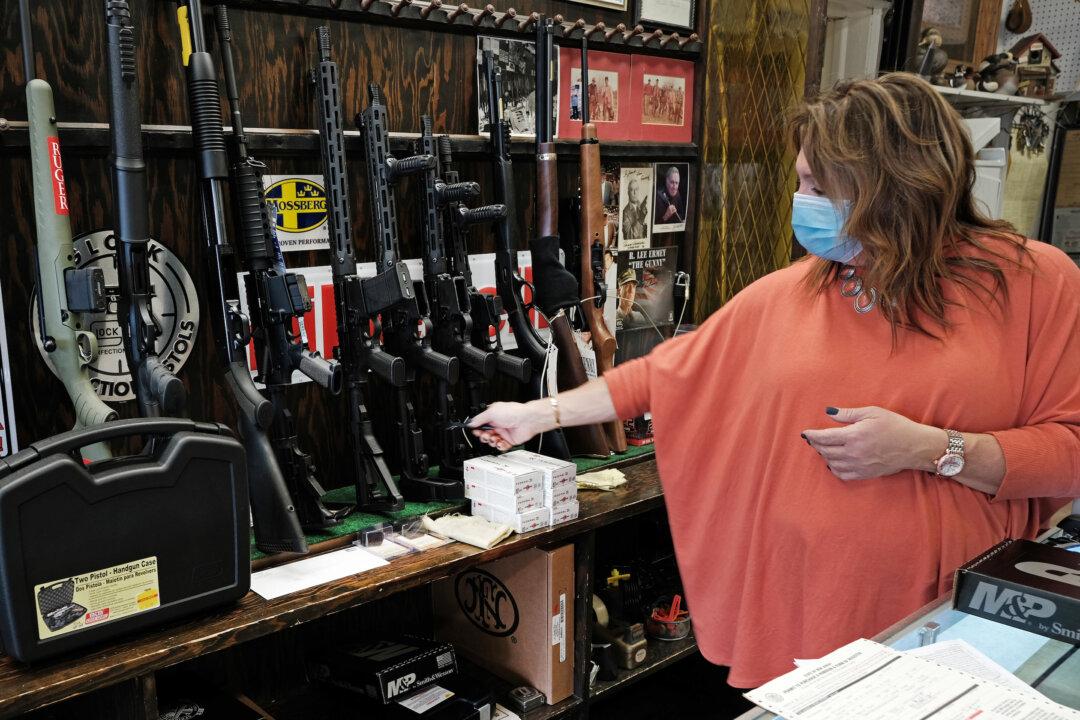A bloc of 25 states, led by Arizona, is urging the Supreme Court to take up a case that challenges Maryland’s unusually restrictive gun-control laws, which the states argue were enacted in defiance of the high court’s landmark Second Amendment rulings.
The court filing comes as Americans await the court’s ruling in New York State Rifle and Pistol Association v. Bruen, which could come at any time. The justices seemed receptive to arguments in that case on Nov. 3, 2021, that New York state’s tough concealed-carry gun permitting system offends the Second Amendment, as previously reported by The Epoch Times.





